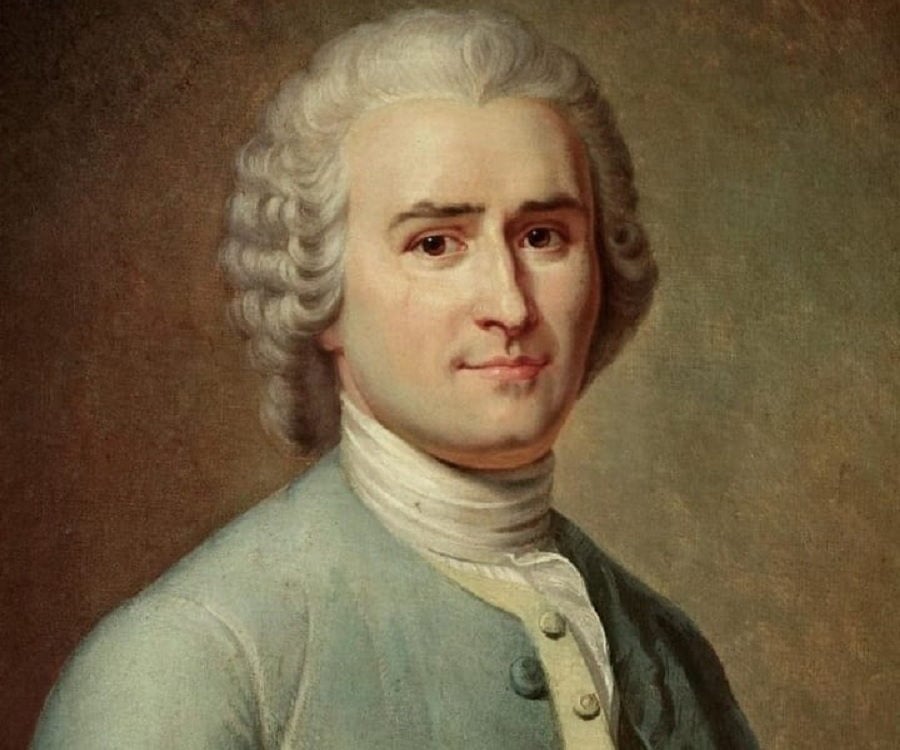

Obsessed with origins, Emile in many ways follows from Rousseau’s 1755 work Discourse on the Origin and Foundations of Inequality among Men, which imagines a “state of nature” in which humans originally lived, so as then to identify how inequalities of wealth and power were instituted as a result of the process of “civilization.” Similarly, Emile seeks to pinpoint the moment at which children are first instructed in the social norms that will regulate their lives. Instead of resolving this contradiction by providing a tidy pedagogical formula, however, Emile asks to be read ironically, such that it reveals the ideal driving much thinking about education, in the Enlightenment and in post-Enlightenment modernity, to be unattainable, and even a danger. Emile poses as a treatise laying out a scheme for a new form of “natural” education designed both to shield children from this corruption and to prepare them for their inevitable entry into the social realm where it prevails. In Emile, Rousseau argues that the spread of “civilization” has not made human society more perfect but has instead corrupted it. Rousseau’s work Emile: or On Education (1762) is concerned, like all of his major writings and like those of many of his Enlightenment contemporaries, with an inquiry into the notion of “progress” and the “perfectibility” of humankind. The Geneva-born philosopher and novelist Jean-Jacques Rousseau (1712-1778) has had a significant influence on thinking about childhood and education from the later eighteenth century until the present.


 0 kommentar(er)
0 kommentar(er)
